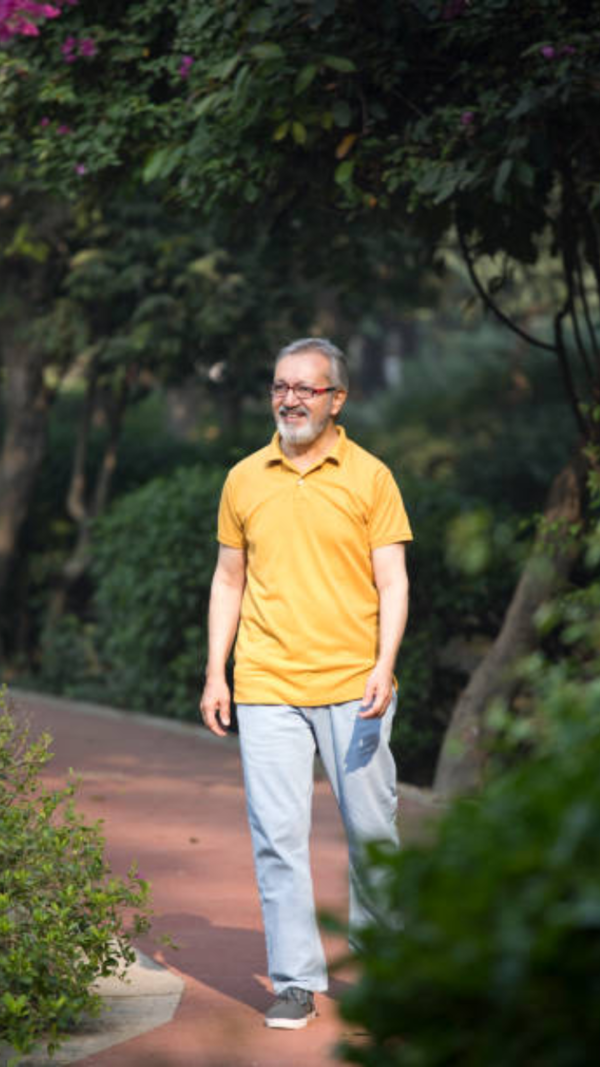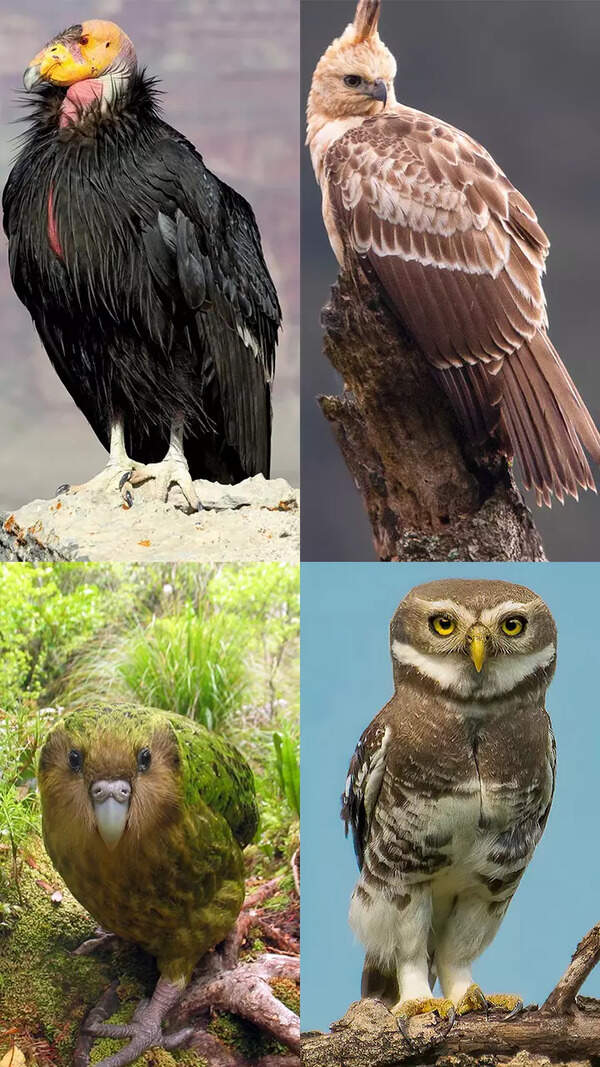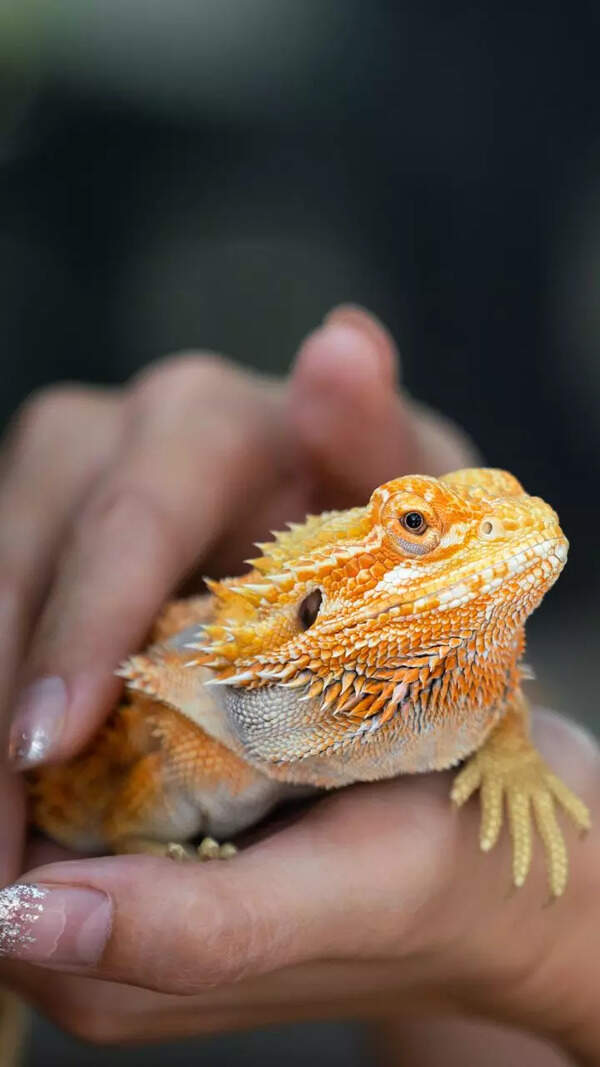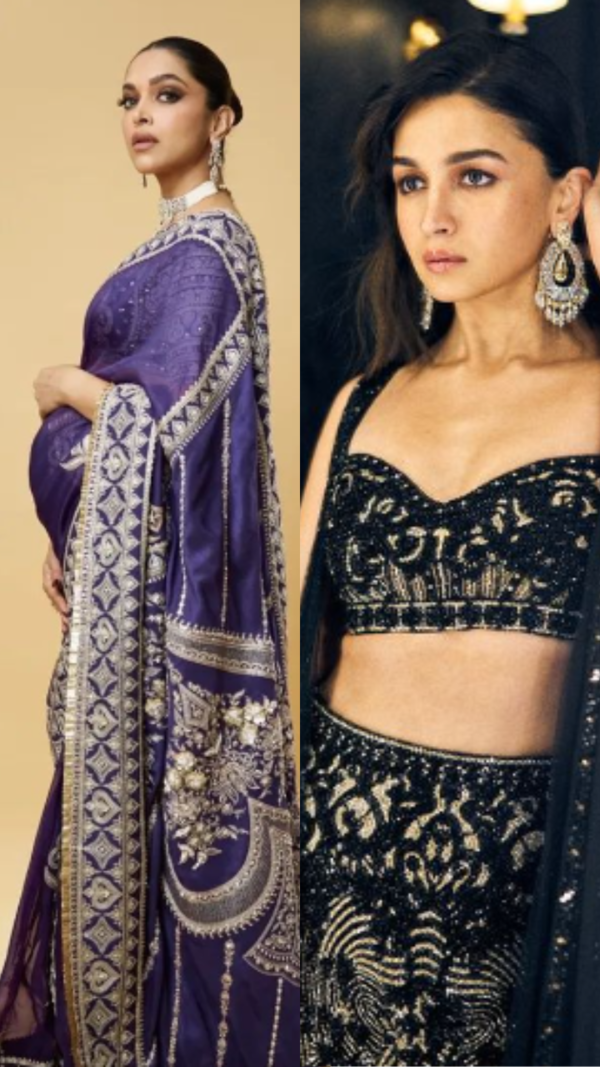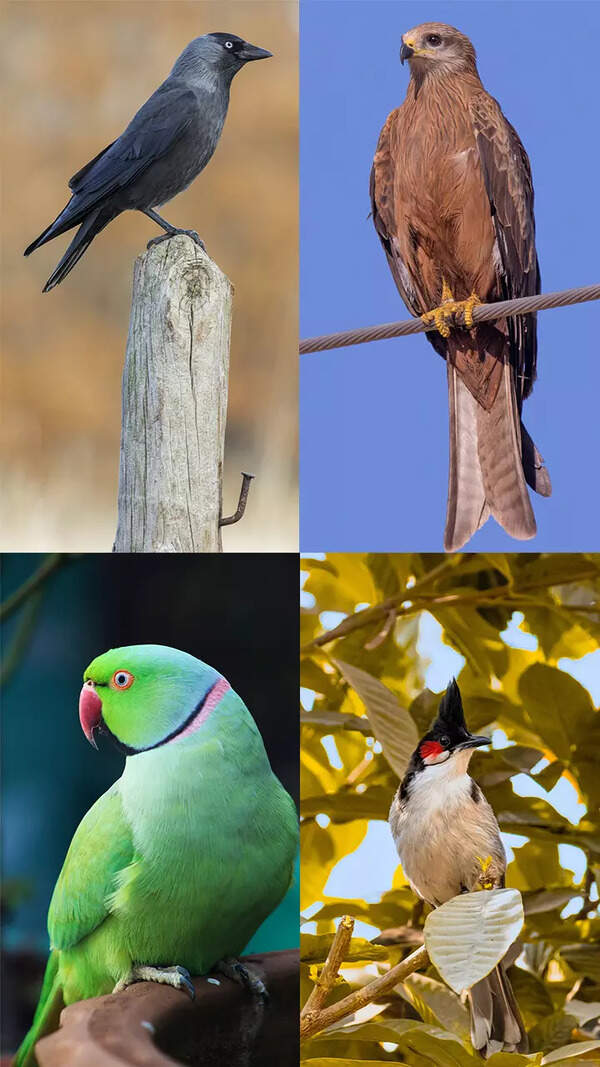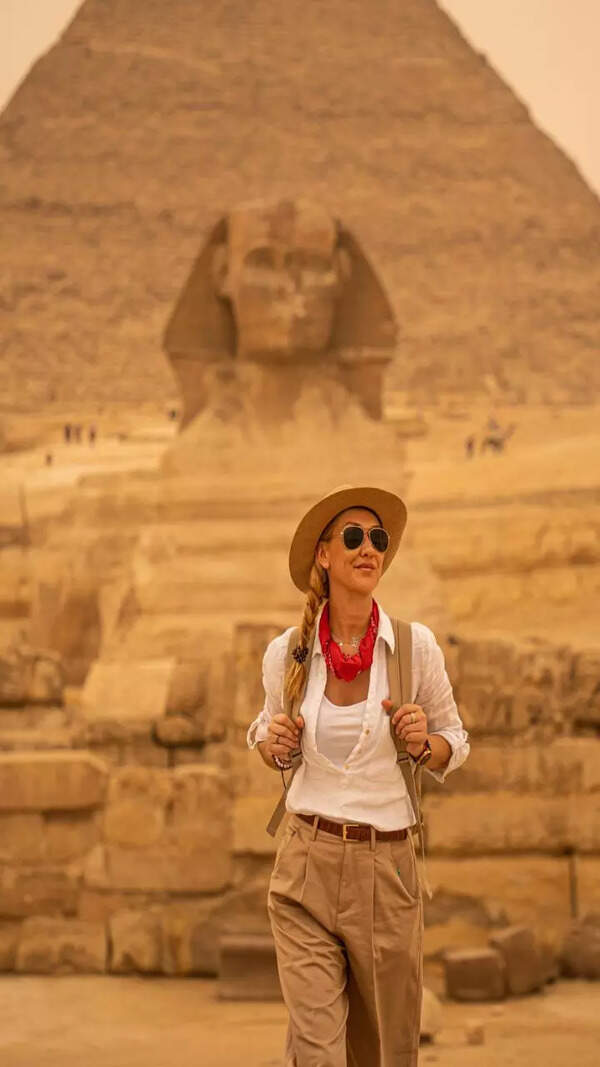- News
- City News
- mumbai News
- AI is our enemy, say voiceover artists battling voice cloning
Trending
AI is our enemy, say voiceover artists battling voice cloning
Voiceover artist Sanket Mhatre, dubbing for Hollywood superheroes and Tollywood star Allu Arjun, faces AI threats similar to Scarlett Johansson. AVA offers protective guidelines. SAG's strike led to mandatory AI usage consents. Amitabh Bachchan secured voice rights. Amarinder Singh Sodhi explains AI voice cloning risks, while Aditya Mathur emphasizes human voice superiority and stronger legal protections.
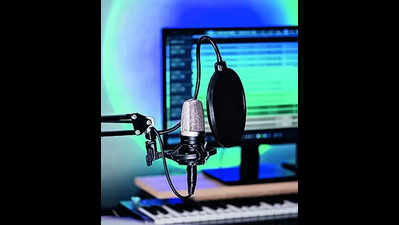
Representative Image
As a hustling voiceover artist in the tapering end of the analogue '90s, Mhatre would consent to many such printed ambiguities such as "This can be used for perpetuity" and "This can be used for technology that is used today or may be invented tomorrow".
Today, though, as the distinctive Hindi voice of various Hollywood superheroes and Tollywood superstars including Telugu 'icon star' Allu Arjun, the bespectacled 40-year-old reads all his freelancing contracts as if they were mutual fund offer documents.
"If it can happen to her," says Mhatre, referring to Hollywood actor Scarlett Johansson, "what chance do we have?"
Recently, when Johansson called out Open AI for allegedly impersonating her voice for its ChatGPT voice 'Sky'--causing the American tech firm to pause the voice and issue a statement saying "Sky's voice is not an imitation of Scarlett Johansson but belongs to a different professional actress using her own natural speaking voice"--the fresh fears of India's voicing industry, a throbbing faceless freelancing fraternity of over 20,000
artists and 3000 studios, found a face. "
AI is, sort of, the enemy for us," says Mhatre, speaking not only for friends whose monthly corporate voiceover and other "non-emotive" audio-visual gig count has shrunk from 15 to three per month but also for those artists who are being asked to lend their voice to, if not sleep with, this new enemy.
Be it for chatbots or for navigation systems or even for financial recovery calls from call centres, tech companies are increasingly approaching voice artists to help them train their respective AI algorithms to mimic their voice. The irony--of being asked to feed a beast that will eventually replace them--isn't lost on the industry.
"As these automated solutions advance, they can mimic human voices and produce high-quality voice-overs for a fraction of the cost of hiring a human voice actor and potentially infringe upon the rights of voice-over artists..." says a recent circular issued by Association of Voice Artists in Mumbai (AVA)--a 1999-born 1000-strong citywide collective that has been intently reworking legal guidelines and contracts in favour of members since the end of last year when AI formed the heart of a 180-day strike by the Screen Actors Guild (SAG), which represents 1,60,000 film and TV actors in the US.
Following the strike, SAG signed a deal requiring consents and guaranteed minimum payments when voices of its members are replicated digitally in video games and other entertainment. The deal also ensures payments to the families of deceased artists every time their voice is used posthumously. Closer home, even as actor Amitabh Bachchan has sought and won protection for his "unique and identifiable attributes", including his "deep, rich, powerful, baritone voice" in December 2023, the largely invisible members of AVA--born 25 years ago to bargain for fair wages for members who often grapple with delayed payments and lack of royalties--have been trying to configure similar safeguards in the face of threats such as voice cloning.
"Voice cloning uses sophisticated AI algorithms to replicate human speech patterns," says chief secretary of AVA Amarinder Singh Sodhi. "It requires training AI's neural networks on extensive voice data of a person's recorded speech, whether recorded through the microphone in a professional studio or through an inbuilt app in any smartphone," adds the veteran who is the official voice of Hawkeye in the television series 'Avengers'.
Given that voice artists typically send their voice notes through online tools such as WhatsApp, "this data can be used by the system to learn and replicate the uniqueness of their vocal characteristics," adds Sodhi, explaining why AVA has issued guidelines that bear the gentle-yet-firm tone of a concerned business partner.
"Continuously monitor the use of your voice recordings and be prepared to take legal action if your rights are violated..Negotiate fair compensation and royalties for the use of your voice recordings in AI applications...," advises the circular of guidelines by AVA that always starts words like 'voice' and 'artists' with capital letters.
Besides asking members to stay abreast of the developments in AI voice synthesis technology and its potential financial toll on them, the union coaxes them to clearly define the platforms, mediums, and territories in which their voice recordings will be used when training AI language models.
"The question that needs to be asked is: 'Is one's voice a commodity?' The answer, right now, is 'no', and therein lies the problem," says advocate Akshay Shetty, legal counsel for AVA , adding that the law in India presently seems to rely heavily on a two-decade-old judgement from an American circuit court. Citing Midler v. Ford Motor Co., 849 F.2d 460, 462 (9th Cir. 1988) in which the court held that "mere imitation of a recorded performance would not constitute a copyright infringement even where one performer deliberately sets out to simulate another's performance as exactly as possible", Shetty says the verdict does not protect the voiceover artists, let alone ensuring the prevention of misuse of their voice samples.
"The bigger problem is that the artists are not necessarily told that they are bing hired to train an AI algorith,"says Shetty who believes it is time that intellectual property laws cover voie.
In the end though, like voice artist Aditya Mathur who is losing corporate work to AI, Divekar--who was the Hindi voice of Jamie Lannister in Game of Thrones-- believes humans will prevail. "AI is a machine after all," says Divekar.
"It can come close to being human but it can never be human." Sodhi--who knows of instances in which a client has gone back to using a human voice, due to substandard AI quality and lack of depth and emotions in the delivery--almost agrees. "Right now, AI may not be able to achieve human abilities. But who knows what's coming next? We cannot just sit back and see our jobs being wiped out by AI."
End of Article
FOLLOW US ON SOCIAL MEDIA
